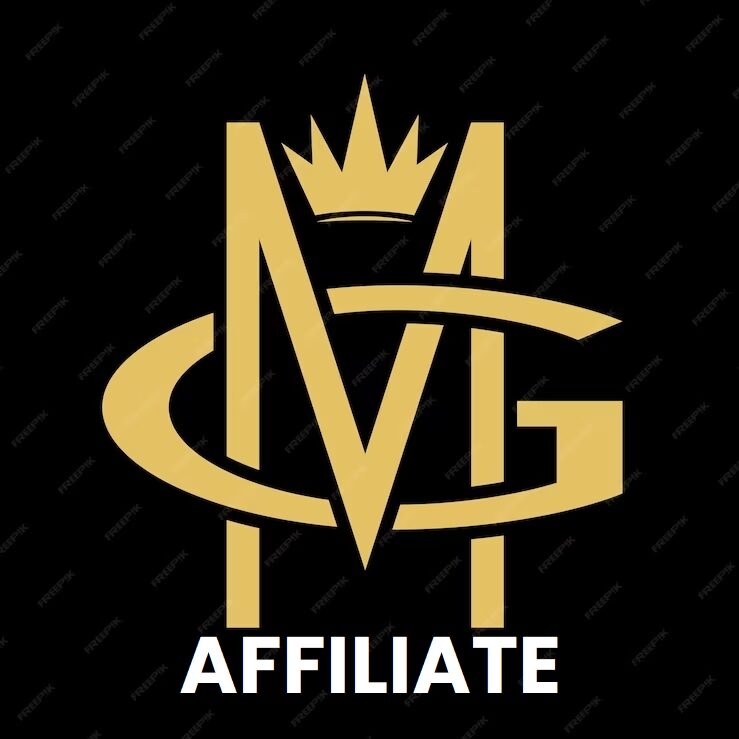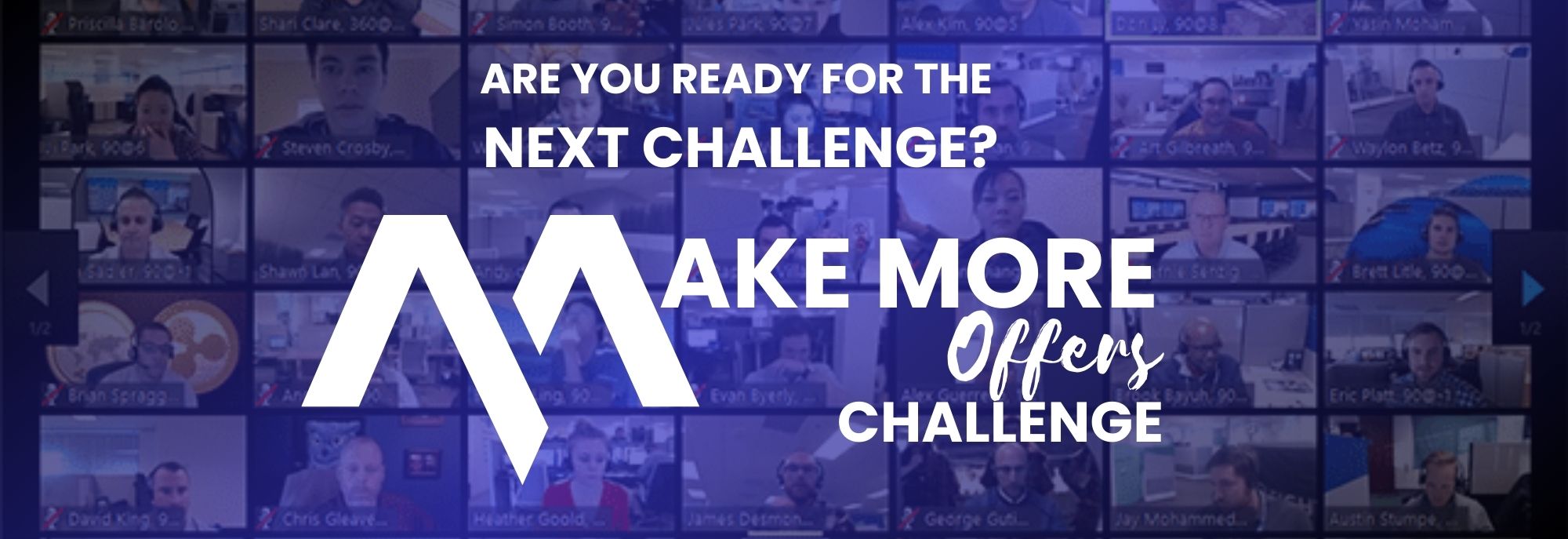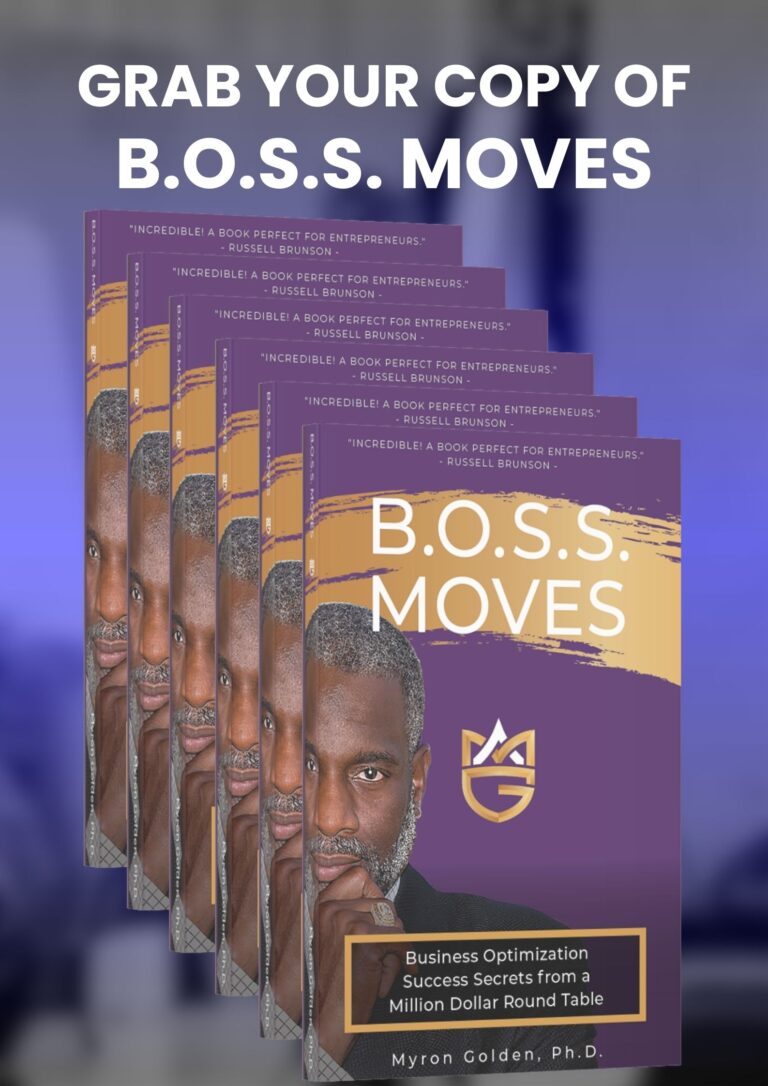What is high ticket sales?
High ticket sales refer to the sale of expensive items or services. These sales typically generate a large amount of revenue for a business. Examples of high-ticket items include luxury cars, real estate, and high-end electronics. High-ticket services include consulting, coaching, and other professional services.
Why do you need to learn High Ticket Sales?
Learning high ticket sales can be beneficial for a number of reasons:
- Increased revenue: High ticket training can generate a significant amount of revenue for a business, which can help to improve overall financial performance.
- Fewer sales needed: Because high-ticket items and services are more expensive, fewer sales are needed to reach revenue goals. This can save time and resources for sales professionals.
- Higher profit margins: High ticket services often have higher profit margins than lower-priced items, which can help to boost profits.
- Building relationships: Selling high tickets often involves building long-term relationships with clients, which can lead to repeat business and referrals.
- Personal and professional growth: Learning high ticket sales can help you to develop new skills and knowledge and can lead to greater personal and professional growth. (These 4 Moves can help you to scale your business by 1280% – Free Training)
- Better customer service: High-ticket sales often require more customer service and support, which can lead to better customer satisfaction and loyalty.
Overall, learning high-ticket deals can help businesses and individuals to increase revenue, build relationships, and achieve greater success in their sales careers.
How to get into high ticket sales?
8 Ways you can do High Ticket Sales in your Online Business?
- Develop your sales skills: High-ticket products often require advanced sales skills, such as consultative selling, solution selling, and relationship building. Take classes, read books, and practice your skills to develop the necessary expertise.
- Build your network: High ticket sales often involve building relationships with key decision-makers and influencers. Attend industry events, join relevant organizations, and connect with people on LinkedIn to expand your network.
- Specialize in a specific industry or product: Focusing on a specific industry or product can help you to become an expert in that area, which can increase your credibility and make it easier to close high ticket sales.
- Learn about your customer: Understand your customer’s business, their pain points, and their goals. This will help you to create a compelling case for your product or service.
- Be persistent: High ticket sales often take longer to close than lower-priced service. Be persistent and keep following up with potential customers until you get a decision. (4 Types of Offers can help you to build a 6-figure business a month)
- Create a solid sales process: Having a solid sales process in place can help you to better manage your leads and close more sales.
- Develop a strong online presence: A strong online presence can help you to reach more potential customers and establish your credibility as a high-ticket professional.
- Get mentorship or coaching: Working with a mentor or coach who has experience in the high ticket can help you to learn from their experience and avoid common mistakes.
It’s important to note that getting into high ticket sales is not easy and it can take time and effort to build the necessary skills and relationships. However, with the right approach and mindset, it can be a rewarding and lucrative career path.
How to Close a high ticket?
10 Steps Process to Close High Ticket Sales!
- Build trust and establish rapport: Trust is a critical component in closing sales. Take the time to build a relationship with the customer, understand their needs, and demonstrate your expertise and credibility.
- Identify the decision maker: Make sure you understand who the decision maker is, and establish a relationship with them. This will help you to avoid delays and roadblocks later in the sales process.
- Address the customer’s pain points: Understand the customer’s pain points and show them how your product or service can solve their problems.
- Provide a clear and compelling value proposition: Highlight the unique benefits and value of your product or service, and explain how it compares to alternatives. (There are 4 Levels of Value; Grab a Copy of B.O.S.S. Moves to Learn More)
- Use testimonials and case studies: Provide examples of how your product or service has helped other customers, and use testimonials and case studies to build credibility.
- Use a consultative selling approach: Ask open-ended questions, listen actively, and guide the customer through the sales process.
- Handle objections effectively: Be prepared to handle objections and have a plan in place to address common concerns.
- Use a sense of urgency: Create a sense of urgency by highlighting the benefits of acting now, and explaining the risks of waiting.
- Close with a clear call to action: End the sales process with a clear call to action and make it easy for the customer to take the next step.
- Follow up and provide excellent customer service: After the sale, follow up with the customer to ensure they are satisfied and provide excellent customer service to maintain the relationship.
It’s important to remember that closing high ticket sales requires a combination of skills and knowledge, and it’s not a one-time event. It’s a process that requires time, effort, and dedication to build relationships, establish trust, and provide value.







